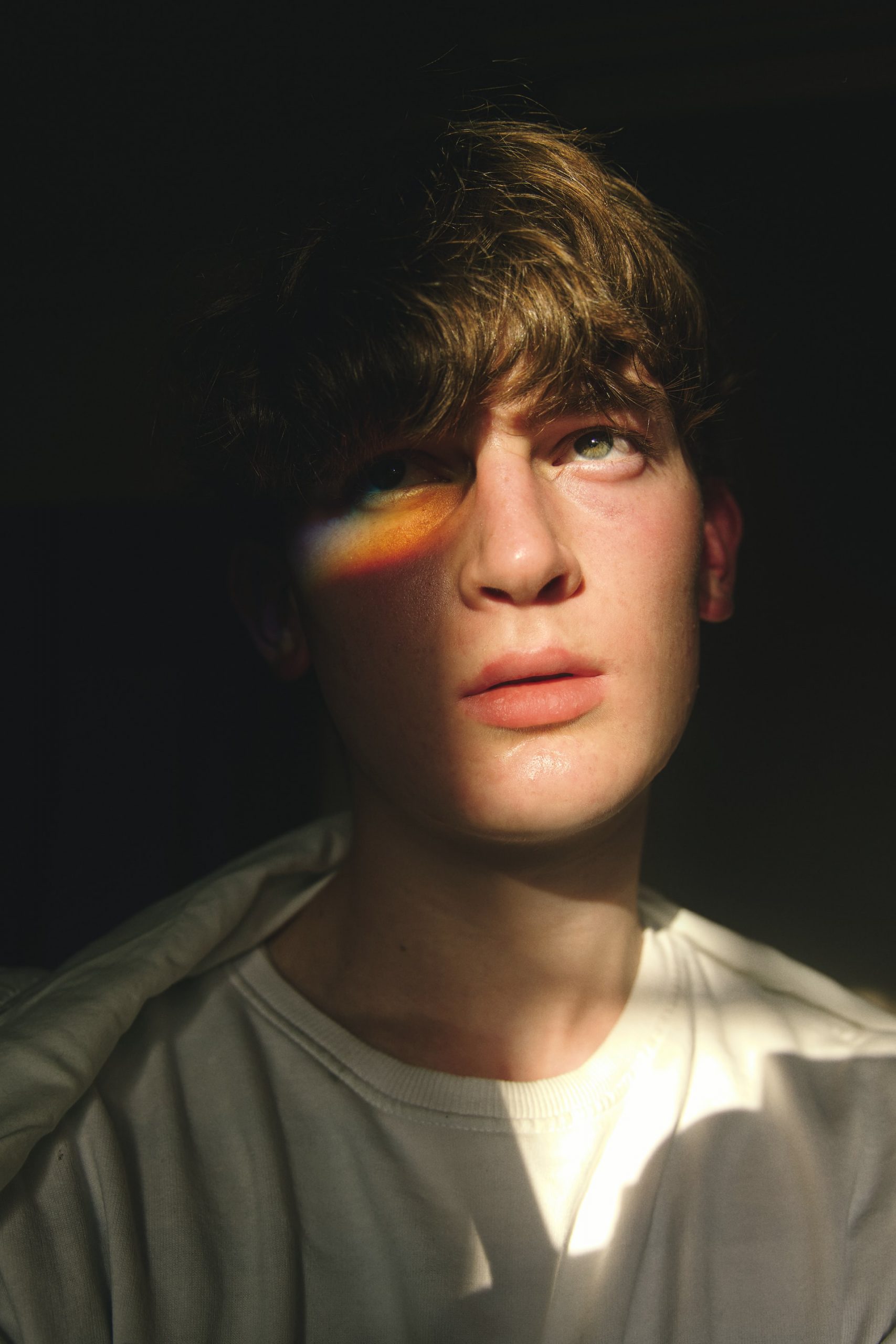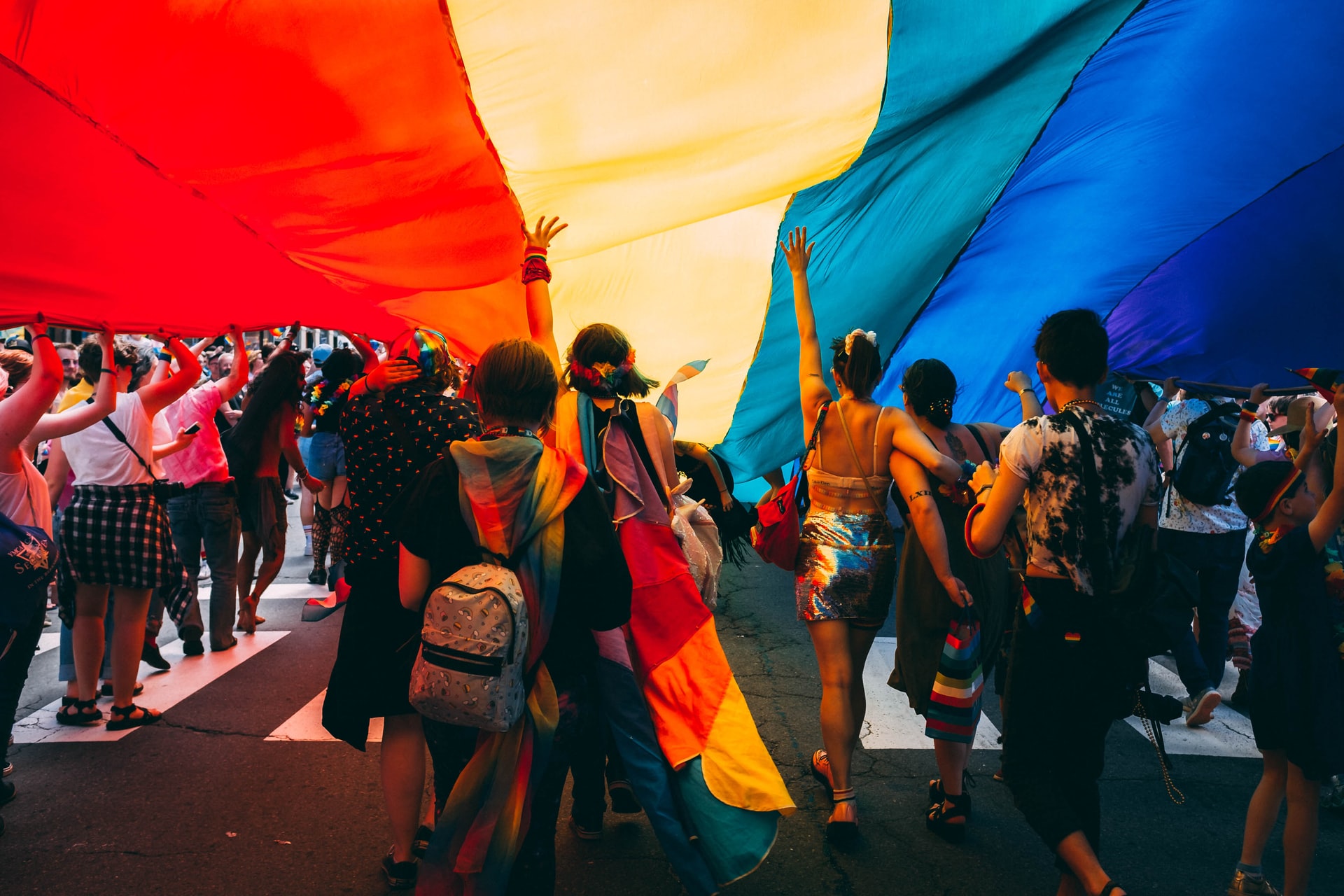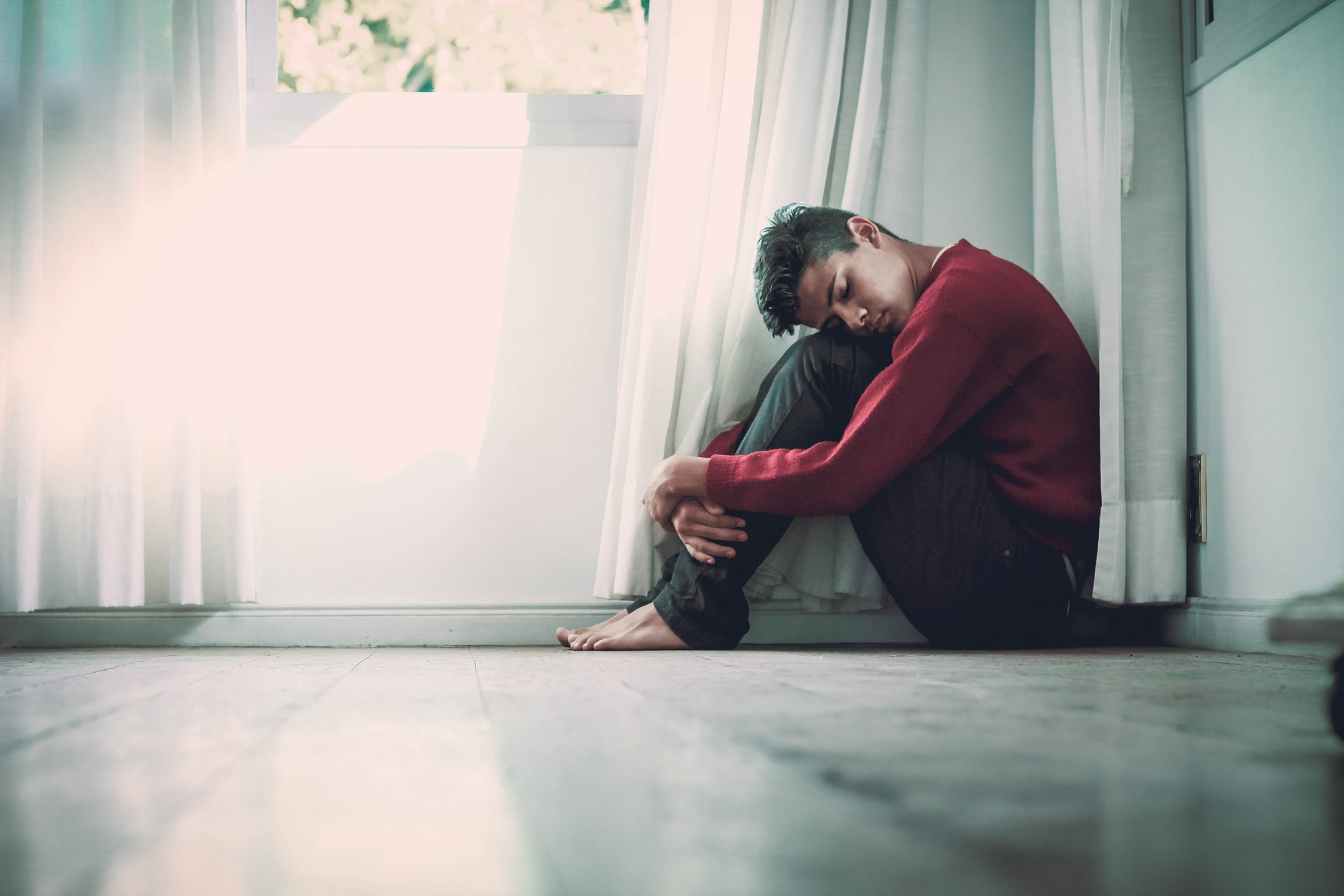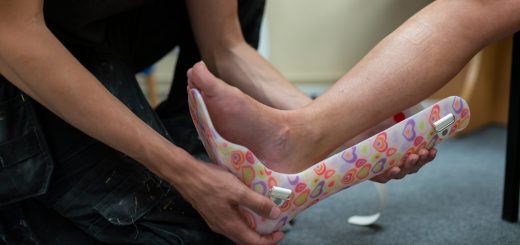This is Why Queer Youth are More Likely to Suffer From Mental Illness (Part 2)
In part one of this blog series, we talked about the risk factors of coming out, and in this is part, we’ll talk about the different mental illnesses that afflict queer people. When it comes to mental illness, some groups of people are more affected than others, and this is because of a plethora of issues like societal issues, environment, and even genetics. One such group is the queer community (composed of individuals with different gender identities and sexuality other than cis-gendered and straight). Studies have proven that queer individuals are more likely to have mental illness compared to their straight counterparts. This is because they are at high risk of experiencing shame, trauma, and discrimination based on something they can’t change. Queer people also use mental health services 2.5 times more than their straight counterparts.
Statistics

According to statistics, 4.5% of the American population identify as lesbian, gay, bisexual, or transgender, and over 39% of these individuals have reported suffering from mental illness in the past year. This is nearly 5.8 million people, which is roughly the population of Kentucky. Research also suggests that queer people also face health disparities, which are linked to social stigma and discrimination. Queer teens are 6 times more likely to experience symptoms of depression compared to their straight peers, and the former is twice as likely to feel suicidal and over 4 times as likely to attempt suicide when compared to heterosexual youth. It is also very alarming when we see the statistics of trans adults; 48% of them have seriously considered suicide in the past year; it is essential to note that about 4% of the US population have thought about suicide. 8% of queer individuals and 27% of trans individuals reported being denied health care services.
Why are queer people more likely to suffer from a mental illness?

With the lack of acceptance and ostracization of friends and family, queer people face a lot of discrimination in the space they live in. This is one of the main factors that affect queer individuals around the world, and with the rise of homophobic and transphobic violence, queer people are more and more fearful of being open and proud in public. The increase in hate crime has increased PTSD (Post-Traumatic Stress Disorder) of being open out in public. It is important to note that 2021 has been deemed the year when it was the hardest to be trans in the world. 2021 is the ‘deadliest year’ since the record began, and this year only, 375 trans people were murdered around the globe. Last year 350 trans individuals were murdered, and one would think that queer people are more and more accepted, but the number tells a different story. ¼ of those killed this year were killed in their home according to the TDoR (Transgender Day of Remembrance). 9 out of 10 trans people killed this year were trans women or transfeminine people and over half of 58% of them were sex workers.
What can you do about this?

Whether you are queer or an ally, one thing you can do is help out and donate to your queer organizations or to The Trevor Project. We thrive in unity, and once we start talking against discrimination and homophobia that is still seen in public is coded as wrong, we see true and real progress. If you are not prepared for your kid to be queer or non-binary, or trans, then I’m sorry to say this, but you shouldn’t be a parent because the job of a parent is to love their kids no matter what and to fight for them to live and have a better life than you had. Support systems are an essential aspect of mental health and queer and straight individuals’ well-being.
Sound off in the comments section below and tell us if you want to read more about queer issues. It is important to talk and write about these problems because they are usually kept aside and discarded as we are people who are already in the margin. By talking about queer issues, we normalize them and make them more acceptable to talk about. By talking about queer issues and mental illness, we are making it easier for queer people to ask for help if they struggle with their sexuality and/or gender identity.



